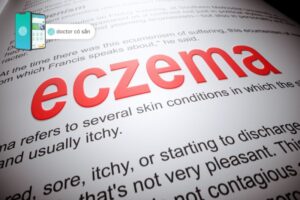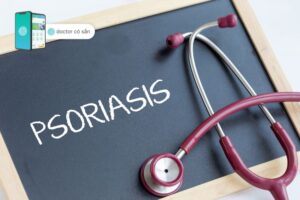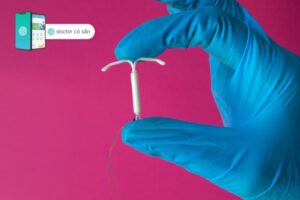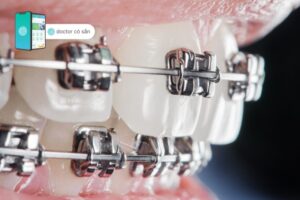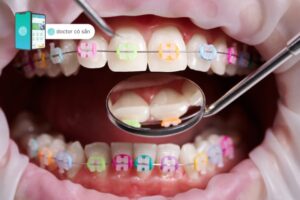STDs (sexually transmitted diseases) is a term used to refer to a group of illnesses that are transmitted through sexual contact. Both men and women who have had sex even once are at risk of getting STDs. For more information, check out the article below with Docosan.
Tóm tắt nội dung
Docosan offers a home-based solution for STD testing
STDs are considered sensitive and stigmatized diseases, so people who are infected may be reluctant to seek medical care during the early stages. They may also fear being judged if test results are positive. This concealment, combined with fear, can create conditions for the disease to progress to a more severe stage before treatment is sought.
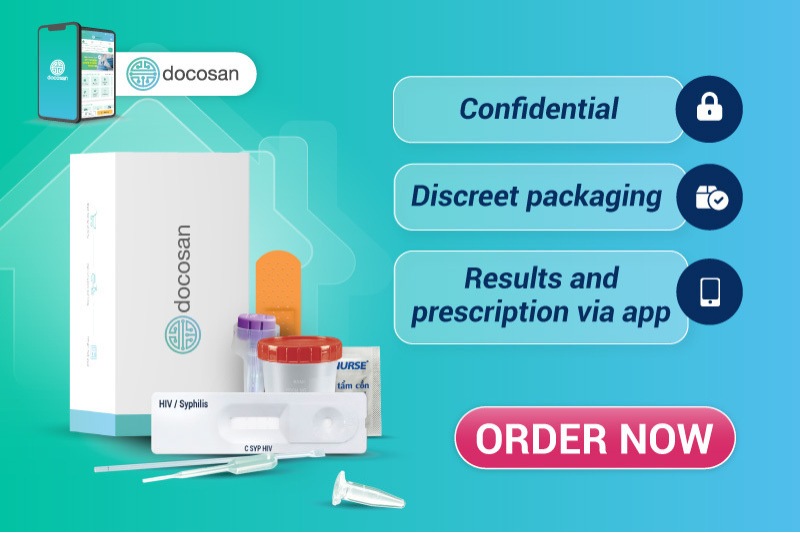
Understanding the concerns of patients, Docosan provides solutions with Common STDs Panel. You can now conveniently test yourself for STDs at home or anywhere with this kit. The kit is approved by the Ministry of Health to ensure safety and accuracy, and customer information will be kept strictly confidential.
Upon receiving the test results, a specialist will guide you in interpreting them and provide advice on health protection measures. If the test is positive, the doctor will recommend the best treatment plan based on the severity of the disease.
What are STDs?
In medicine, STDs stands for Sexually Transmitted Diseases. It refers to illnesses that are transmitted through sexual contact. Anyone who has had sex, including oral, vaginal, or anal sex, is at risk of contracting an STD.
STDs are caused by exposure to sexual contact without the use of a condom. The following groups have a higher risk of contracting STDs:
- People who engage in unprotected sex
- People with multiple sexual partners or partners with multiple partners
- Sex workers
- Individuals who engage in unsafe same-sex activity
- People who use drugs and share needles
- Infants born to mothers with STDs

Furthermore, STDs can also be transmitted through cuts or mucous membranes when in direct contact with the sores of an infected person. The sharing of needles or personal items such as underwear, razors, toothbrushes, etc. can also lead to transmission of STDs.
Common types of STDs
STDs refer to all sexually transmitted diseases. Some of the most common types of STDs include:
- Chlamydia
- HPV (Human Papillomavirus)
- Trichomoniasis
- Genital herpes
- Syphilis
- Gonorrhea
- Warts
- HIV
Why is regular STD testing necessary?
According to the World Health Organization (WHO), over 1 million cases of STDs are reported globally each day. In Vietnam alone, leading health experts estimate that there are about 1-2 million new cases of STDs annually. This data highlights the significance of raising awareness about these diseases.
STDs often have no noticeable symptoms, so they are difficult to detect at an early stage. As a result, many people only find out they have an STD during a routine health check, when the disease has already progressed to a more serious stage. This can make treatment more difficult and expensive, and can also lead to many complications that are dangerous to overall health and productivity in the future.
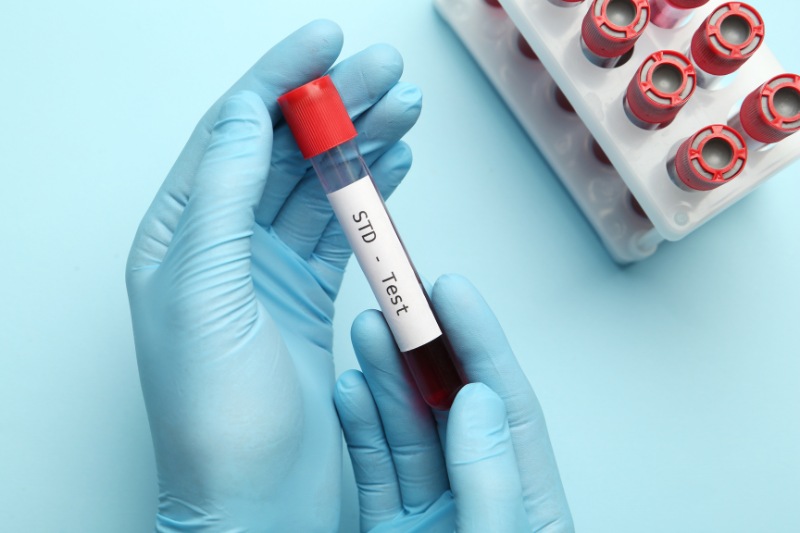
Correct and early detection of STDs is important for both the individual’s health and for preventing the spread of the disease to others. Regular health check-ups, including STD testing, are recommended by medical experts.
Effective ways to prevent STDs
Both men and women who have had sex should be cautious about potential sexually transmitted diseases and take the following steps to reduce their risk of infection:
- Have a general health check, including STD testing, with your partner before engaging in sexual activity to ensure neither of you has an STD.
- Discuss any potential STD risks with your partner and find out if they have any STDs.
- Use condoms during sexual activity to prevent STDs and unwanted pregnancy.
- Clean your body daily, particularly the genital area, before and after sex.
- Limit your number of sexual partners to reduce your risk of infection.
- Regularly schedule health check-ups or seek medical attention immediately if you experience any unusual symptoms.

Health experts recommend that everyone should increase their knowledge of STDs and regularly monitor their health. It is especially important to get tested for STDs if you suspect or notice any unusual symptoms in your genital or body. Early detection will help prevent future health risks.
The article is consulted from doctors and reliable domestic and foreign sources.





